Mexico is one of the most popular and cheapest countries to retire. Thousands of Americans and Canadians move south every year for a better quality of life.
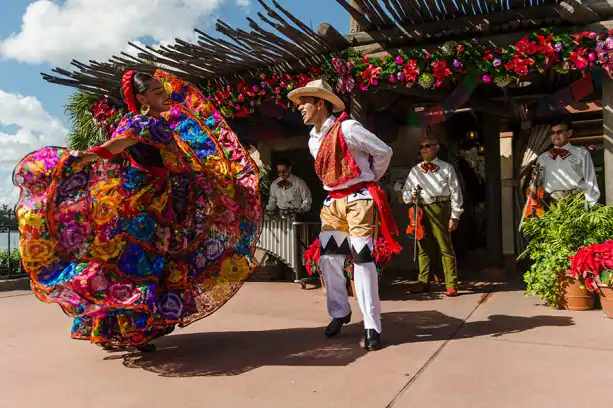
Before moving to Mexico, you’ll likely research the best places to live, Mexico Resident Visas whether Mexico is safe, and if they can retire on social security. That’s already a lot of info. So, it’s easy to miss the lesser-known topics that can improve your life in Mexico.
Here’s a list of things many expats wish they knew ahead of time:
IMSS Public Healthcare Program
IMSS (Instituto Medico del Seguro Social) is a healthcare program for Mexican citizens and residents at a nominal yearly premium.
For instance, if you’re in your 60s, your IMSS annual premium will be approx. USD 760 or MXN 15,300. Private healthcare can cost you a minimum of around USD 1,000-1,800 per year IF you don’t have any pre-existing conditions.
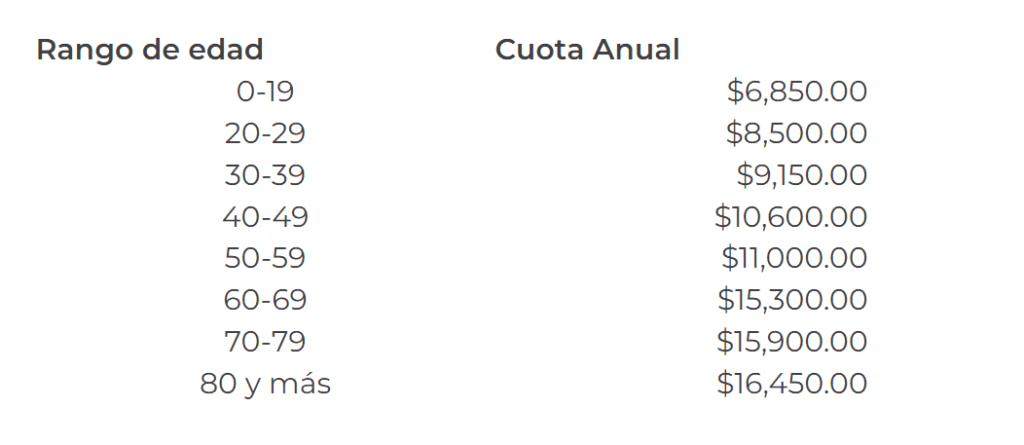
While private healthcare is ideal, premiums can increase depending on your health and age. Plus, it’s difficult to get coverage after age 70.
Many expats pay out of pocket for healthcare because it’s affordable. But the costs can leave you broke during an emergency. So, if you can’t get private healthcare or access a U.S. Medicare plan, IMSS is the next best alternative.
Further reading:Do You Really Need Healthcare Insurance in Mexico?
But keep in mind that IMSS is public healthcare.
Which means, their level of care is very basic. You’ll have to wait in line to get treated, and their facilities are subpar compared to private hospitals. Some pre-existing conditions will disqualify you from IMSS, and there are waiting periods for others.
Here’s the MUST KNOW info about health insurance in Mexico for expats.
INAPAM retiree’s discount card
If you’re an over 60 legal resident in Mexico, some great discounts await you! All you need is the free INAPAM (Instituto Nacional de las Personas Adultas Mayores) discount card.
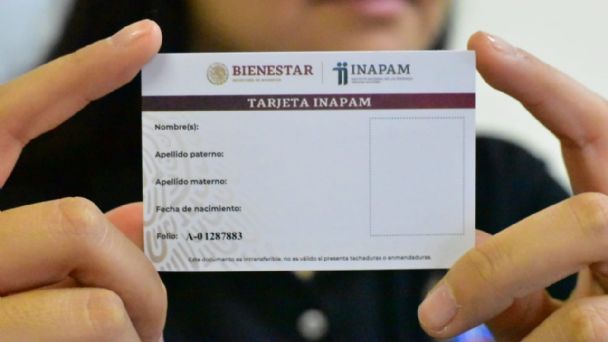
You can save on air tickets, medical visits, medicines, utilities, movie tickets, etc. You can even get a massive 50% off your property taxes.
See the complete list of discounts here.
To get your INAPAM card, you have to apply at the local DIF office in your municipality. Although some cities require you to apply at a local cruz roja, or other.
Check the directory of INAPAM service centers to choose the nearest location. Sometimes sellers might overlook the discounts. So, always ask for it when buying goods and services where the discount should be applied.
To learn more, read our article about the INAPAM card.
Rent for 6-12 months before buying.
Many expats rush to buy their dream house in Mexico, only to realize shortly after that their dreams have changed. But selling houses in Mexico is not easy, making things more complicated.

Rent for six-twelve months and take your time exploring properties and different areas. Make sure you can see yourself living there for a long while before deciding to buy.
Mexico has no shortage of rentals for all budgets. To help your renting process, see my short video with the top questions you should ask before renting in Mexico.
Additional Reading: How To Find The Best Rentals in Mexico
You’ll have more time on your hands.
If you’ve been dreaming of free time and a stress-free lifestyle, you’ve found the right place. But you may also end up with too much time on your hands.
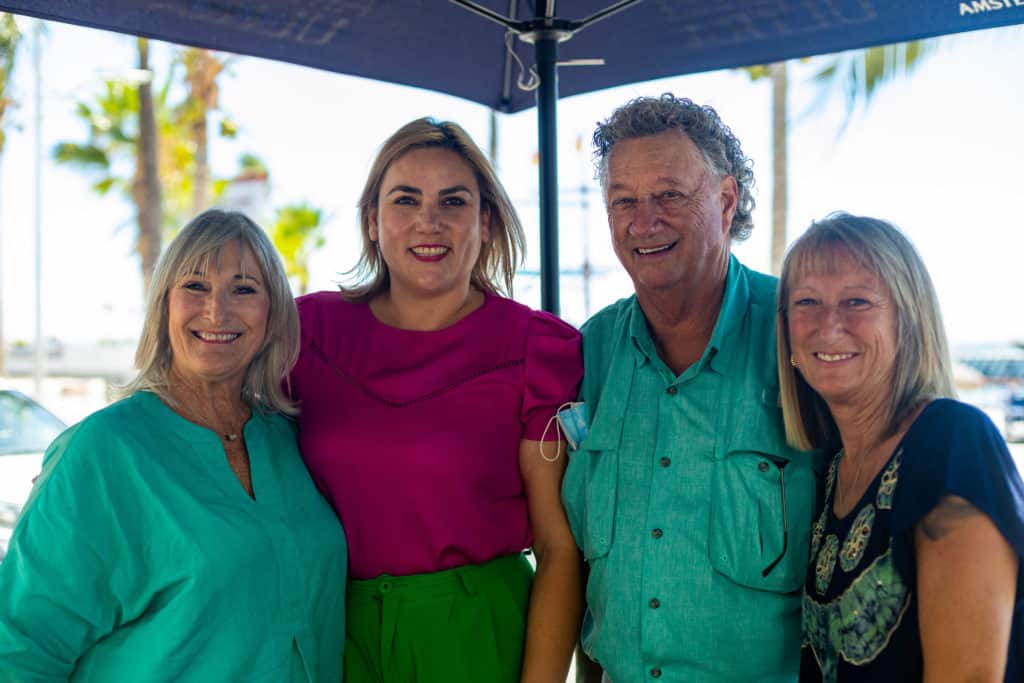
Here are a few ideas to stay occupied:
Many expats in Mexico don’t try to make friends. Sometimes it’s due to reasons like limited Spanish or moving as a family and having each other.
But it’s important to build a circle of people who’s got your back. You don’t want to find out during an emergency that there’s no one to help you. Good friends will also improve your quality of life.
- Start a business
There are many business opportunities to cater to both expats and Mexicans. So, keep your eyes open. I know many new foreigners in Mexico that start businesses based on a need that the community doesn’t have access to. Mexico is a developing country, and there is sooo much room for new business ideas.
Online businesses are also becoming popular because of the lower admin work and geographic freedom.
- Volunteer
There are many programs to help children and adults. You’ll also find animal welfare activities and initiatives like beach cleanups and recycling projects.
- Find a new hobby
I love seeing so many of my customers become more active and healthier than ever before because they found new hobbies that helped them get off the couch. Some of our customers favorites are: beach hopping, pickleball, traveling, cooking, and dancing!
Expect cultural differences
Mexican culture is different from that of the U.S. or Canada. Having realistic expectations will help you avoid some frustrations.
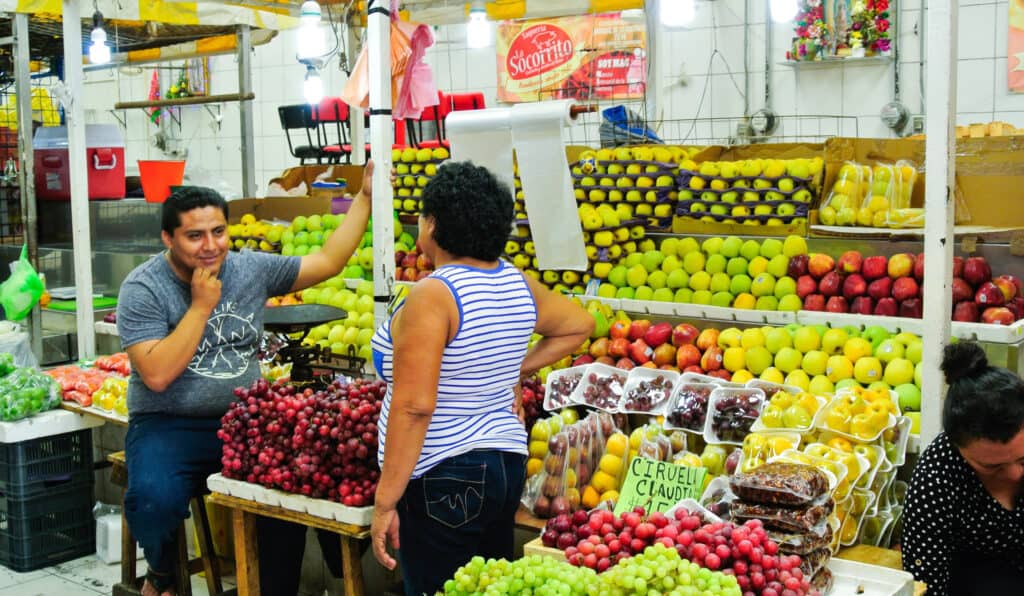
Let’s look at a few differences:
Life in Mexico is laid back. It’s called the mañana culture, meaning things happen sometime in the future (no one knows when). You’ll notice people showing up late for events, local mail running way behind schedule, and work taking longer than expected. At the same time, Mexicans are also some of the most hardworking people.
Mexican society is family-oriented, and it’s not uncommon for multiple generations to live together. The culture is vibrant and loud. So, don’t get alarmed by loud music late into the night.
The Mexican bureaucracy is very real. You need to develop patience and hire the right service providers to help you with residency visas. Check our Complete Mexico Relocation Guide for a comprehensive list of service providers we recommend. And we take ZERO kickbacks or commissions- that way we guarantee we only recommend the most reputable and trusted contacts.
Mexico is diverse
Moving from the heart of Mexico City to a beach town is almost like moving countries. The cost of living, safety levels, culture, and food vary between regions.
This is also why it’s important to check out different areas before choosing the best place to retire in Mexico. Many people don’t realize how big and diverse Mexico really is. There is everything from small towns to big cities. From forests to beaches. There are mountains and deserts. And everything in between.
Here is a quick guide to help you narrow down a few places to live in Mexico
You must learn some Spanish.
Foreigners move to Mexico with almost no Spanish only to face many frustrations. English is widely used in tourist areas. But Spanish will make your day-to-day life easier like communicating with government organizations, landlords, and doctors.
The good news is that Mexicans are patient with foreigners learning the language and love to help.
Think of learning Spanish as a project for your free time. While you’re at it, don’t forget to pick up some Mexican slang.
It’s easy to miss out on the real Mexico.
Mexico has a large expat population. So, it’s easy to stay within your comfort zone. But there’s more to Mexico than what you see in areas like Los Cabos, Puerto Vallarta or Lake Chapala.
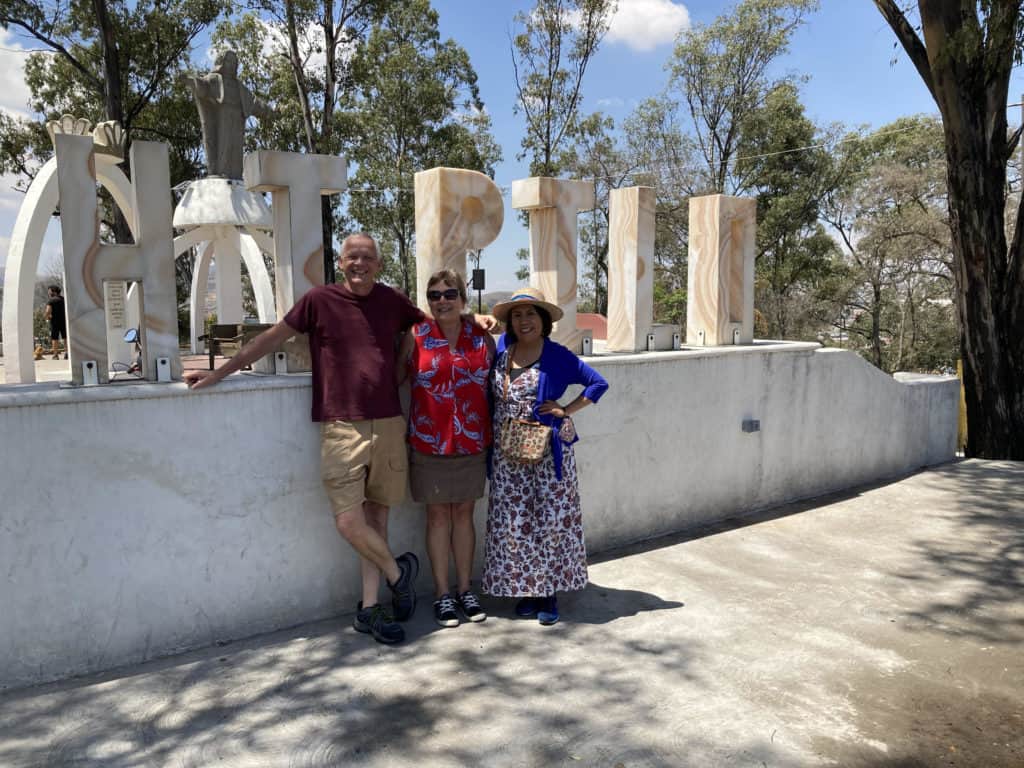
To experience Mexican culture beyond the surface, get to know Mexicans. If you get invited to a Mexican party or wedding, you’re well on your way to integrating into society.
Retiring in Mexico comes with some challenges. But most expats will agree that the benefits are worth overcoming the challenges.
Our Complete Mexico Relocation Guide will help you avoid newcomer mistakes and take advantage of Mexico’s wonderful things.
Moving to Mexico doesn’t have to be full of surprises, though. As long as you have a plan, get the right information to help you prepare, and most importantly keep an open mind about your new adventure!
And in return, you’ll have a richer life full of new possibilities, friendships, adventures, and perspectives. You could even say it’s a chance to start a new life! Let us show you how YOU the way.




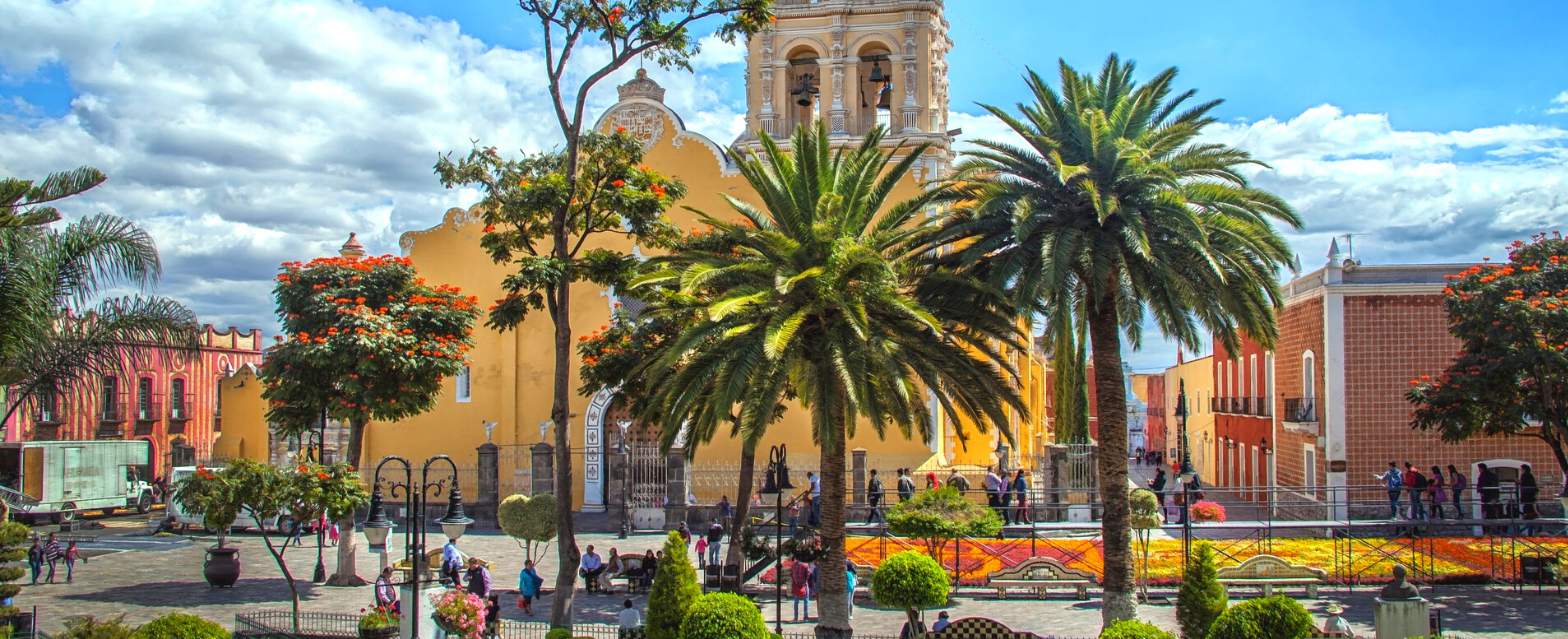

Hoping to make contacts
You hit on a big one for me for when I retire. That is what to do after???? I have thought about volunteering as you have suggested, I am hoping it won’t be too difficult in another country.
Hi Leilani
Volunteering is always easy because charities always need volunteers 😀
I really do want to volunteer, I was hoping you can suggest a few good organizations, locations, etc to do so.
Hi Milagros.
There are soooooo many- and I truly don’t know all of them or what your volunteering interests are.
I would suggest joining a local FB group for the city or town you are wanting to live in. And asking what charities people recommend. You’ll be far better served this way since I am only aware of a handful of charities and they may not be where you want to live. 😃
Hi I’m Cristie.
Just a few weeks ago, and for these reasons, I decided to retire outside the USA. The political instability, the racism and hatred, gun violence, and the fact that I don’t believe I can afford to retire here. I’m white, so I don’t personally suffer from racism, but what I hear and see sickens me. I started searching you-tube for ex-pat videos, and decided on Mexico. Just like that. The problem is where in Mexico? The first thing I did was to get an account with Babbel.com and start learning Spanish. Decades ago, when it was a fabulous country to visit, and because I had a close friend there, I visited Venezuela several times. I was surprised at how much Spanish vocabulary I still know. So I’m all in with learning to speak it fluently by the time I retire. Second thing I did was to sign up with this website. Mexico Relocation Guide. I want to tell you that I read every email you send with enthusiasm, and I thank you so much. I have not been to Mexico yet, except for Nogales just across the AZ border. I really don’t count that. I will be changing that though, and wish to visit at least 3 times within the next 2 years.
Oh, and I want to make friends! Plenty of friends!
Thank you for sharing. Mexico awaits you
Hi there, after reading your comments I decided to reply to you. My husband and I feel the same about how you feel about what is going on in the US. We are from Washington State and we come here in Mexico to visit every year and visited a few places before deciding we want to be in Lake Chapala. The weather here is from upper 50’s-70’s all year round which we found very attractive.
We are actually still here in Lake Chapala till Nov. 30th, we first went to Queretaro for 2 weeks to check it out and then now in Lake Chapala for a month so total of 6 weeks in Mexico. We love Ajijic/Lake Chapala people are very friendly and it is easy to make friends.
We are moving here next year late June July after we sell our house in Seattle. I feel it is time for a new adventures. There are live music, arts and festivals here that you will not get ever get bored.
I hope and wish you good luck!
Joy
My husband and I find your videos and emails very helpful. We are going to check out a few places before deciding where we will settle for the majority of the time – right now, we spend our winters in Melaque.
Do you have guides in some locations that can be hired to show us around the area to help us get a better idea of the place? We are checking out Jocotepec, Comala, Colima and San Luis Potosi.
Hi Suzanne
Yes I do have a tour guide in Melaque that also covers Manzanillo
I don’t have anyone in San Luis Potosi
I do however have someone that can show you Jocotepec
https://mexicorelocationguide.com/tours/private-relocation-tours/
Hi there. I’m reading your wonderful articles and enjoying each an every one. I live in Southern California and water or shortage of water is a real issue. How about Mexico?
Thank you,
Mike W.
Hi Mike
Water shortages are a real thing in some cities of Mexico like Monterrey, La Paz BCS and some rural areas of Mexico.
Which is why we highly recommend you managing your own water with a water tank (tinaco)
I’m planning on retirement in LaPaz in Mar 2023 – My income in $26,000 a month, no bills – Is that sufficient for living there??? Any recommendations for a better lifestyle??? Help???
$26,000 pesos?
Or $26,000 other currency.
$26,000 pesos a month is an ok budget. You’ll live frugally but it is possible
I am trying to decide where in Los Altos de Jalisco or in or near León, GTO. I think I may end up commuting back and forth. Thank goodness for INAPAM!
My wife (dual Mexican & American citizen) and I are planning to retire in Mexico. With that in mind, do you have any suggestions on purchasing property? Even though my wife is Mexican, would it make sense to use a trust to purchase property? On the other hand, would there be any benefit to purchase property in her name?
It would be far more cost effective to purchase property in her name. If you are buying property near a restricted zone, as a foreigner, you need to do it through a fideicomiso. Which isn’t free.
But if your wife buys land in her name as a Mexican citizen, she doesn’t need to worry about the fideicomiso.
I would like to retire around Pyert Viiarta area . I receive around $2000 per month can. Is this doable? It’s just me
It’s definitely possible Randy. It all depends on your lifestyle and how much you learn to live like the locals do.